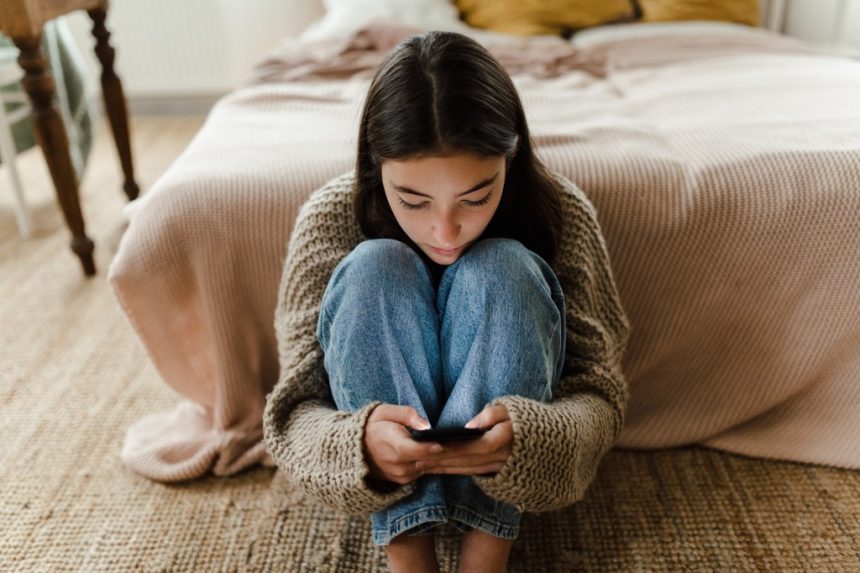We are currently facing a loneliness epidemic, affecting not only adults and teens but also young girls. Recent research conducted by the Girl Scouts of the USA revealed that nearly 70% of girls aged 5 to 13 have experienced feelings of loneliness. As they get older, these feelings tend to increase, with 64% of girls aged 5 to 7, 67% of girls aged 8 to 10, and 73% of girls aged 11 to 13 reporting feelings of loneliness.
Sarah Keating, vice president of girl and volunteer experience at Girl Scouts, attributes this trend to the impact of the pandemic and resulting isolation. Many children missed out on crucial early experiences in building friendships and social skills, leading to increased feelings of loneliness.
Dr. Christine Crawford, MD, MPH, associate medical director of the National Alliance on Mental Illness, points out that excessive screen time can exacerbate feelings of loneliness, as it often replaces real-life social interactions and activities.
Research has shown that loneliness can have a significant impact on self-esteem, with older girls reporting lower levels of confidence as feelings of loneliness increase. Addressing loneliness early on is crucial, as it can potentially lead to more serious mental health conditions.
Recognizing signs of loneliness in children can be challenging, but caregivers should look out for changes in behavior, such as withdrawal from social activities or sudden disinterest in school and sports. Starting an open dialogue with your child and seeking activities that promote social connections can help combat loneliness and build emotional resilience.
Organizations like Girl Scouts are actively working to support mental health and foster long-term friendships among young girls. By acknowledging and addressing feelings of loneliness, parents and caregivers can provide the necessary support to help children navigate and overcome these challenges.






